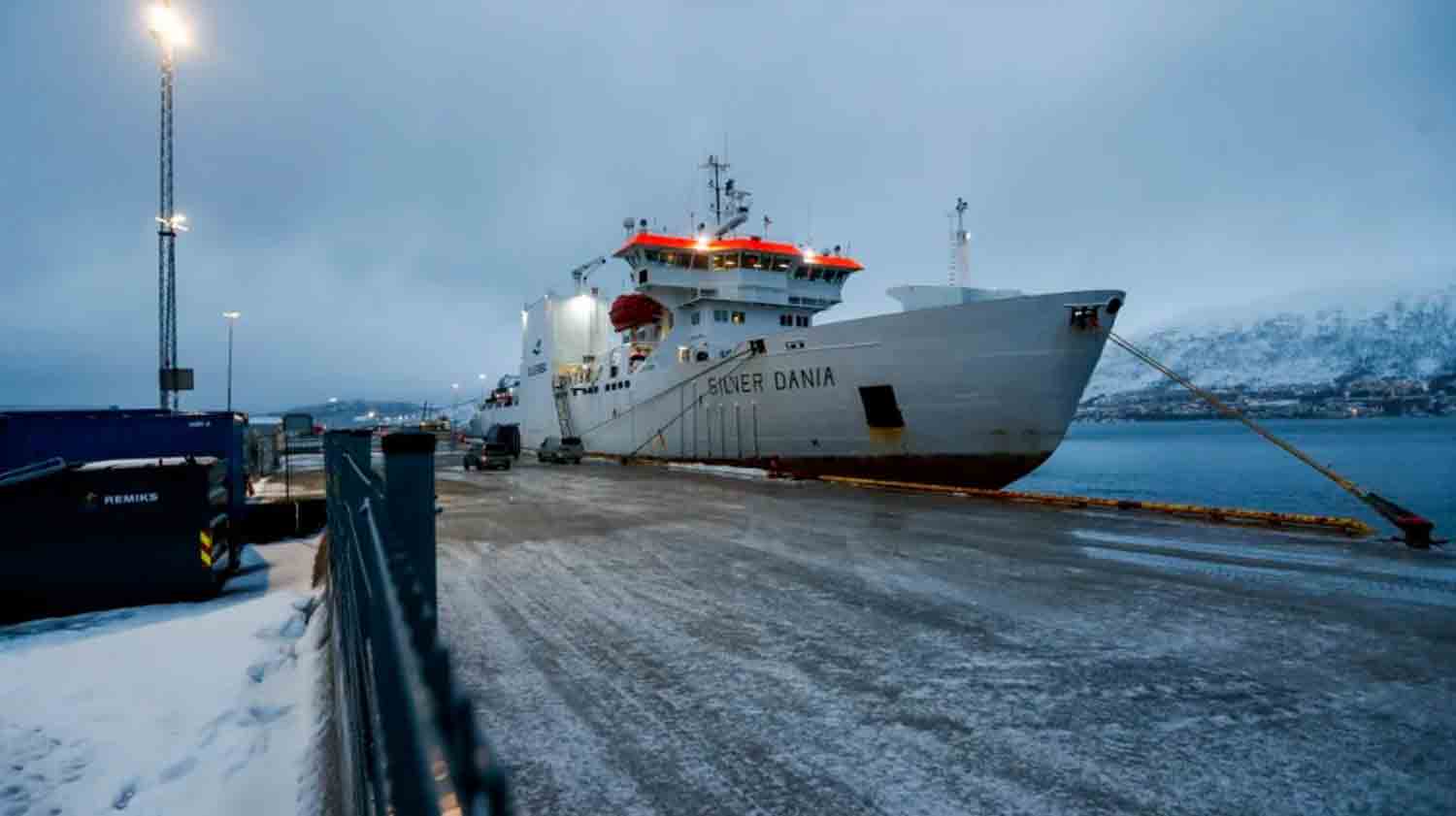U.S. President Donald Trump’s representative, Richard Grenell, announced on Friday that he was returning to the United States with six American citizens, following an unexpected meeting with Venezuelan President Nicolas Maduro in Caracas. Prior to this, officials from the Trump administration indicated that one of Grenell’s primary objectives for the trip was to facilitate the release of Americans held in Venezuela, coinciding with the administration’s ongoing efforts to combat deportation and gang-related issues domestically.
Grenell did not disclose the identities of the six individuals, who were seen with him in a photo shared online, wearing the light blue uniforms associated with the Venezuelan prison system. He stated on X, “We are wheels up and headed home with these 6 American citizens. They just spoke to @realDonaldTrump and they couldn’t stop thanking him.” Trump praised the development in his own post, highlighting that Grenell was bringing “six hostages home from Venezuela.”
The exact number of Americans detained in Venezuela remains uncertain, although Venezuelan officials have mentioned at least nine individuals. Maduro’s administration has accused many of these detainees of terrorism, labeling some as high-ranking “mercenaries.” The Venezuelan government frequently alleges that opposition members and foreign detainees are involved in conspiracies with the U.S. to engage in terrorist activities, a claim that U.S. officials have consistently refuted.
American hostages currently detained in Venezuela must be released without delay, stated Mauricio Claver-Carone, the U.S. special envoy for Latin America, on Friday. He emphasized that the meeting between Grenell and Maduro was not a negotiation for any concessions.
In late 2023, following extensive negotiations, the Venezuelan government freed numerous prisoners, including ten Americans, while the U.S. reciprocated by releasing a close associate of Maduro.
During an annual address to the judiciary on Friday evening, Maduro described his meeting with Grenell as constructive. He noted, “We have made initial agreements, and upon their implementation, we hope to explore new opportunities for the benefit of both nations and the region.” Maduro expressed his anticipation that the outcomes of his discussions with Grenell would be reflected in the U.S. communications regarding the meeting.
“President Donald Trump, we have taken a first step, and we hope it can progress further,” Maduro remarked. “We are eager for this to continue.”
The discussions between Maduro and Grenell also covered topics such as migration and sanctions, according to a statement from the Venezuelan government. White House press secretary Karoline Leavitt mentioned earlier that Grenell was also working to ensure the return of 400 members of the Tren de Aragua gang currently in U.S. custody to Venezuela. Claver-Carone asserted that an agreement regarding the deportation of Tren de Aragua members was non-negotiable.
Venezuelan Attorney General Tarek Saab announced last week that a gang operating in Venezuela was dismantled in 2023, but expressed a willingness to resume legal cooperation with the United States to facilitate the extradition of gang members.
Since assuming office on January 20, Trump has initiated a comprehensive immigration enforcement strategy, promising widespread deportations. Approximately 600,000 Venezuelans in the U.S. were eligible for deportation protections established by the previous administration; however, U.S. Homeland Security Secretary Kristi Noem indicated plans to shorten the duration of these protections. She is expected to make a decision by Saturday regarding their termination.
SANCTIONS, ELECTIONS, AND OIL
Leavitt noted that Grenell’s visit does not imply U.S. recognition of Maduro as Venezuela’s legitimate leader. The relationship between the two nations has been strained, characterized by sanctions and allegations of coup attempts. Nonetheless, they have mutual interests in several unresolved bilateral matters, including a license for U.S. oil giant Chevron to operate in Venezuela.
The Biden administration reinstated extensive oil sanctions after determining that Maduro did not uphold commitments for a free presidential election and subsequently increased rewards for the capture or conviction of leaders, including Maduro, which limited Trump’s options for imposing additional penalties. The legitimacy of Maduro’s government-backed victory in the July 2024 election is disputed by the opposition, international observers, and various countries, including the United States.
Maduro’s administration has consistently dismissed sanctions imposed by the United States and other nations, characterizing them as illegitimate actions that constitute an “economic war” aimed at undermining Venezuela’s stability.
According to a report from the Financial Times on Friday, Chevron is seeking to safeguard a specific U.S. license that permits its operations in Venezuela. Chevron’s CEO, Mike Wirth, informed the publication that the company intends to communicate with the White House, following remarks from Secretary of State Marco Rubio suggesting that the license should be reevaluated, and comments from Trump indicating that the U.S. is likely to cease oil purchases from Venezuela.
Discover more from Defence Talks | Defense News Hub, Military Updates, Security Insights
Subscribe to get the latest posts sent to your email.





